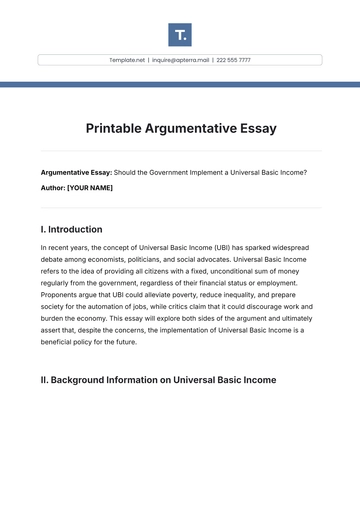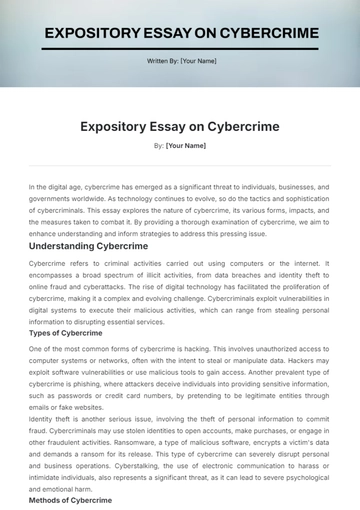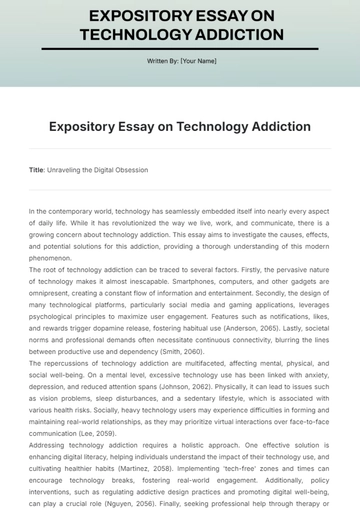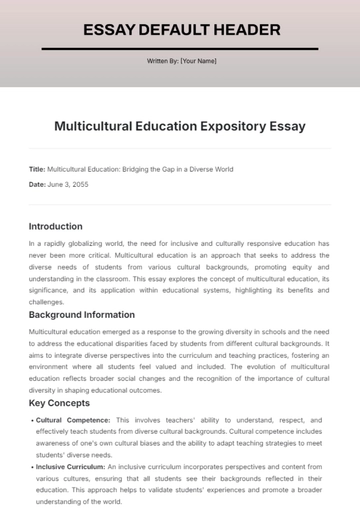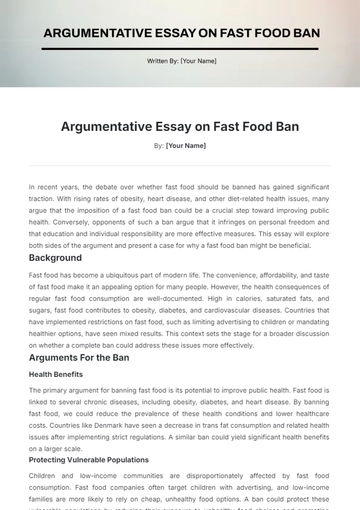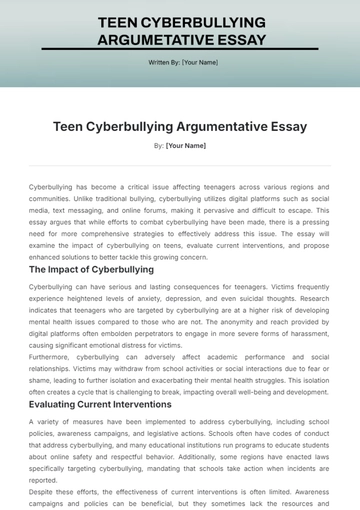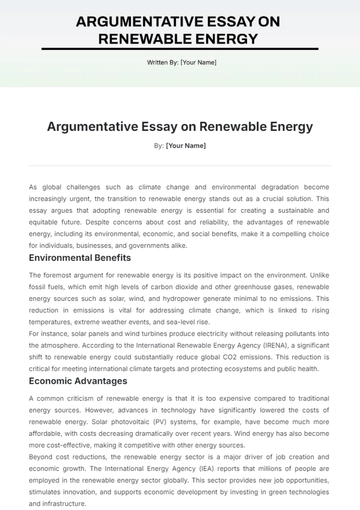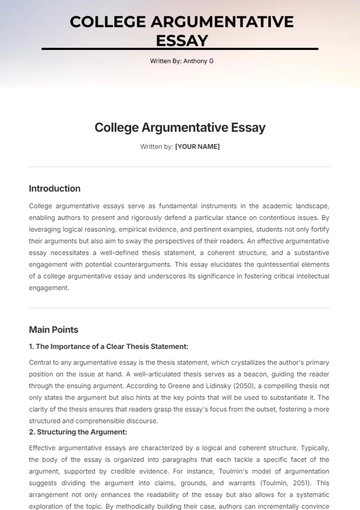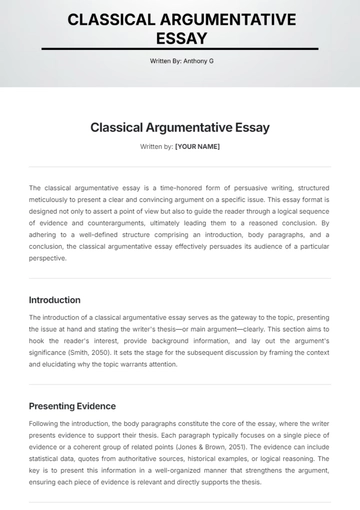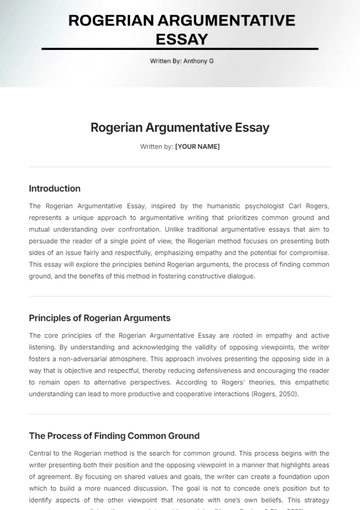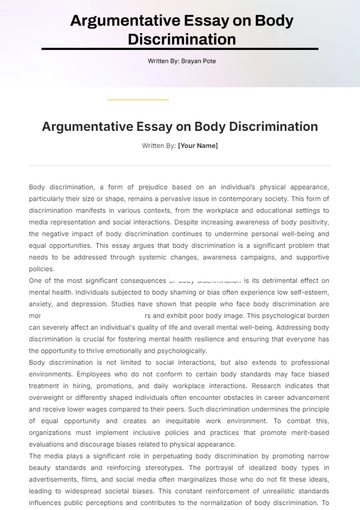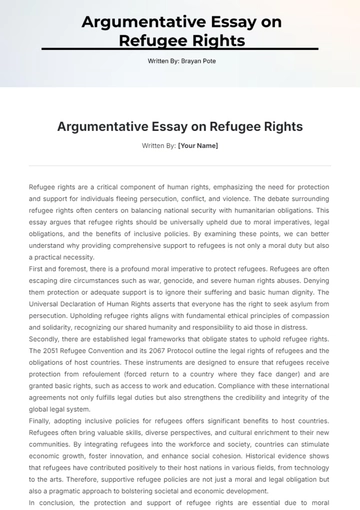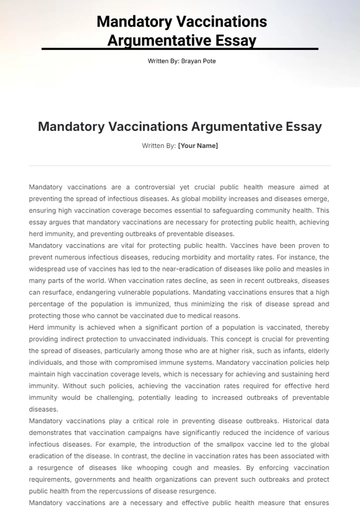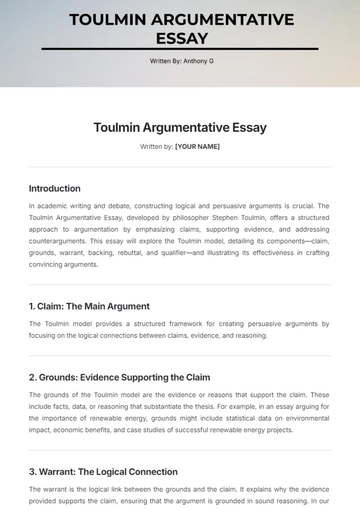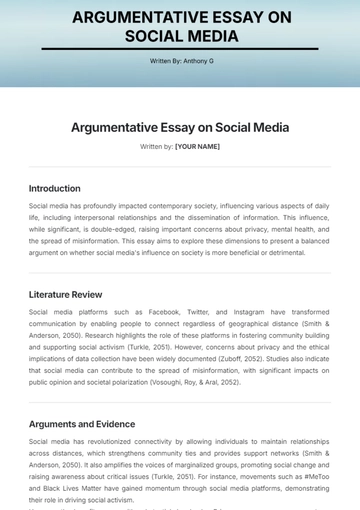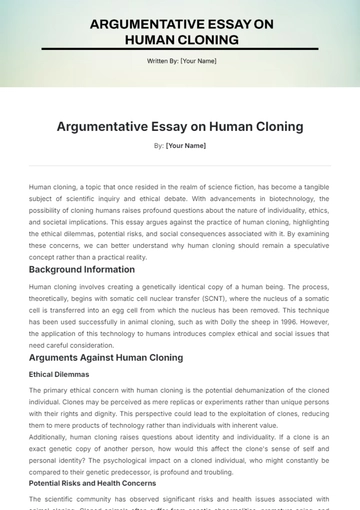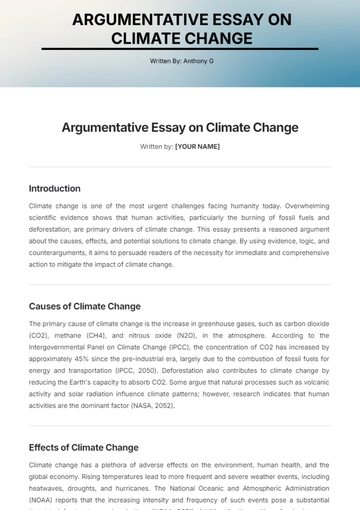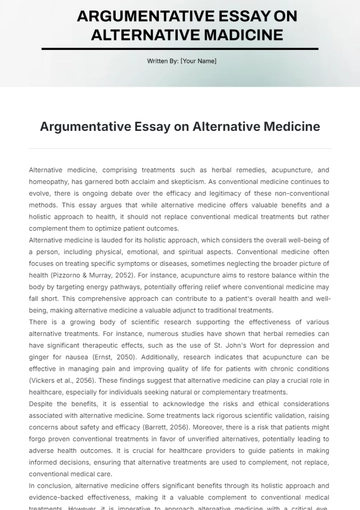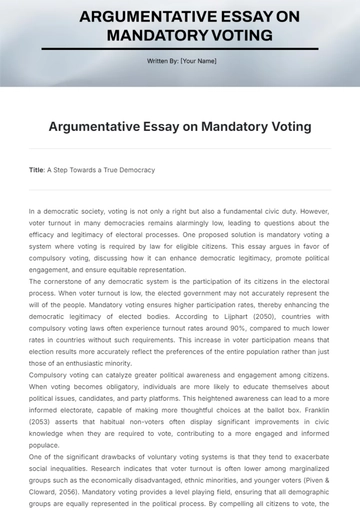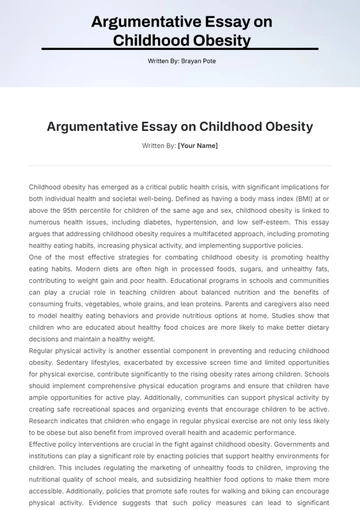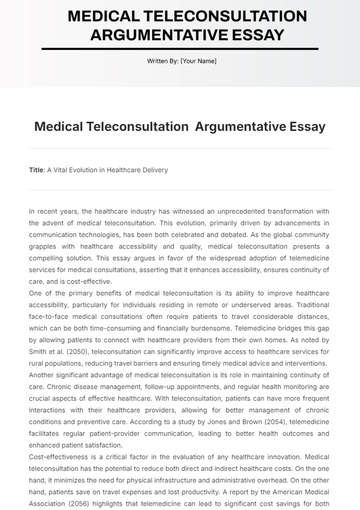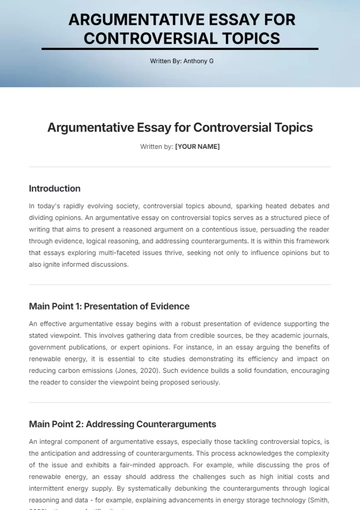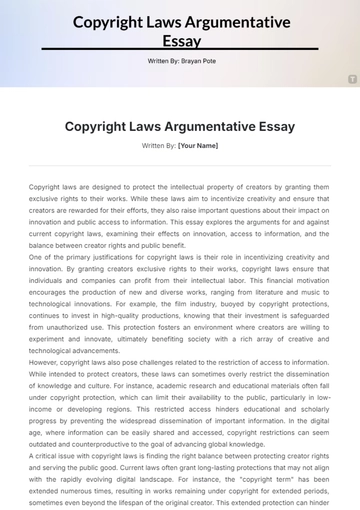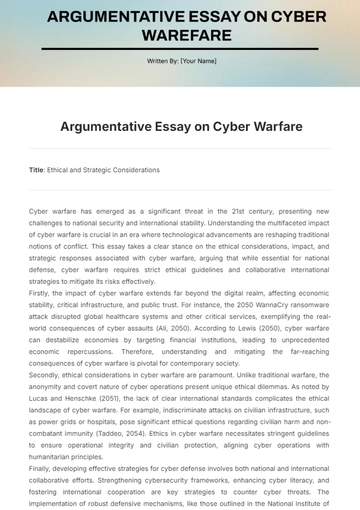Free Global Warming Debate Essay
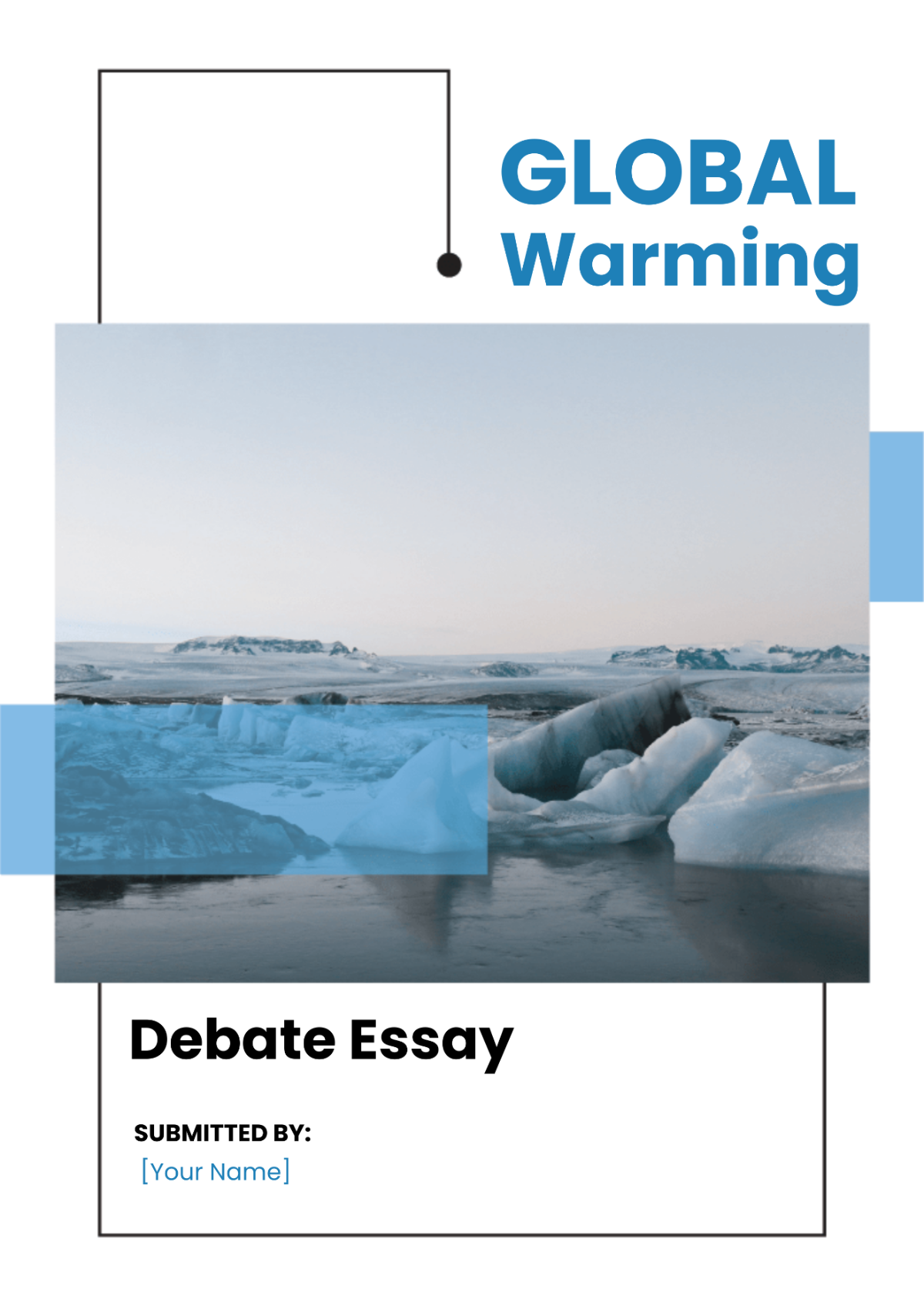
In the contemporary media landscape, the discourse surrounding global warming predominantly centers on the escalating mean temperature of the Earth and the consequent surge in extreme weather events. This narrative underscores the urgency of addressing climate change to mitigate its profound impacts on ecosystems, economies, and human societies worldwide. While skeptics may question the validity of these assertions, the weight of scientific evidence unequivocally supports the reality of anthropogenic climate change and its dire consequences for our planet.
At the heart of the global warming debate lies the phenomenon of rising temperatures, a trend that has accelerated in recent decades due to human activities such as the burning of fossil fuels and deforestation. The consequences of this temperature increase are far-reaching, manifesting in a myriad of ways across the globe. From the melting polar ice caps to the bleaching of coral reefs, the signs of ecological distress are unmistakable.
Moreover, the warming of the Earth's surface has disrupted weather patterns, leading to an uptick in extreme events such as hurricanes, heat waves, droughts, and floods. These occurrences not only pose immediate threats to human safety and infrastructure but also exacerbate existing socioeconomic inequalities, disproportionately affecting marginalized communities.
In addition to documenting current climate trends, the media also plays a crucial role in disseminating projections of future climate scenarios based on scientific models. These projections paint a sobering picture of a world ravaged by increasingly frequent and severe extreme weather events, should current emissions trajectories continue unchecked. The specter of rising sea levels, agricultural disruptions, and mass migrations loom large, presenting policymakers and citizens alike with a stark choice: take decisive action to curb greenhouse gas emissions and adapt to a changing climate, or face the potentially catastrophic consequences of inaction.
While the media's portrayal of global warming often emphasizes the gravity of the situation, it also serves as a catalyst for public awareness and engagement. By shining a spotlight on the intersection of climate science, policy, and human behavior, the media empowers individuals to become informed advocates for environmental stewardship and sustainable living. Moreover, journalistic investigations into the vested interests perpetuating climate denial and obstruction shed light on the political and economic forces hindering meaningful climate action. In this way, the media fosters a more robust and informed public discourse on the pressing issue of global warming.
In conclusion, the global warming debate as framed by the media underscores the urgent need for concerted action to address rising temperatures and associated extreme weather events. By amplifying scientific findings, projecting future climate scenarios, and fostering public awareness and engagement, the media plays a crucial role in shaping the narrative surrounding climate change. As we confront the realities of a warming planet, it is imperative that we heed the warnings issued by the media and work together to implement effective solutions that preserve the integrity of our natural world for future generations.
- 100% Customizable, free editor
- Access 1 Million+ Templates, photo’s & graphics
- Download or share as a template
- Click and replace photos, graphics, text, backgrounds
- Resize, crop, AI write & more
- Access advanced editor
Engage in a thought-provoking debate on global warming with Template.net's Debate Essay template. This editable and customizable resource provides a structured framework for presenting arguments and counterarguments on climate change issues. Seamlessly tailor and refine your essay using our Ai Editor Tool, ensuring clarity and persuasiveness. Explore diverse viewpoints, exclusively on Template.net.

